From IKEA catalogue to Fight Club: The consumerist dilemma explored
Abiding by the first rule of Fight Club, one might argue that discussing its underlying messages should be off-limits. But nevertheless, it’s ironic that we often overlook a topic so relevant and widespread, especially now, 25 years after the film first hit the screens.
At the start of the film, Edward Norton’s character (the Narrator) is a disenfranchised white-collar worker suffering from insomnia and absorbed by consumerism. He found this way of living to be shallow and unfulfilling. The most notable scene is where he is seen flipping through an IKEA catalog, obsessing over and purchasing furniture and household textiles to perfect his apartment.
Ikea Apartment Scene
Narrator
Like everyone else, I had become a slave to the IKEA nesting instinct.
Narrator (into phone)
Yes. I’d like to order the Erika Pekkari slip covers.
Narrator
If I saw something like clever coffee tables in the shape of a yin and yang, I had to have it.
He is portrayed as someone who has bought into the consumer culture, seeking comfort and identity through the acquisition of branded goods and designer furniture. This lifestyle, however, leads to a profound sense of emptiness and dissatisfaction, highlighting the shallow nature of finding meaning solely through material possessions.
Following an explosion at the apartment – a symbolic event that frees his ties to consumerism, Norton’s character has a radical transformation and starts Fight Club, an underground group that rejects societal norms and seeks liberation through primal aggression and rejection of materialistic values.
The consumer culture criticised in Fight Club has evolved with the advent of digital and social media. Today’s equivalent might not be the IKEA catalog but the curated lifestyles presented on Instagram, TikTok, and other platforms. The pressure to conform to an idealised image or lifestyle has intensified with the constant visibility and comparison enabled by social media.
The modern equivalent of the Narrator’s apartment full of designer furniture might be a meticulously curated Instagram feed that showcases an idealised life, suggesting that the core issue of finding identity through consumption remains relevant. As we navigate this landscape, armed with the insights of the past and the realities of the present, the message of Fight Club serves not only as a cautionary tale but also as a beacon of hope for genuine self-discovery and the pursuit of authenticity in an ever-consuming world.
Sponsored Post
This feature is FREE to Classic members.
To access in-depth features, video interviews, tickets to F&F events, giveaway draws, invitations to pre-release film screenings, major exhibitions and more, become a Front Row or Backstage member today!





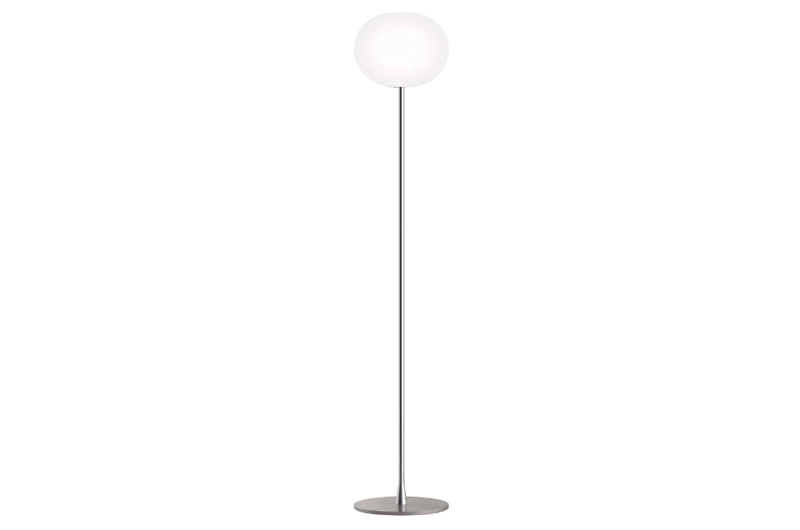
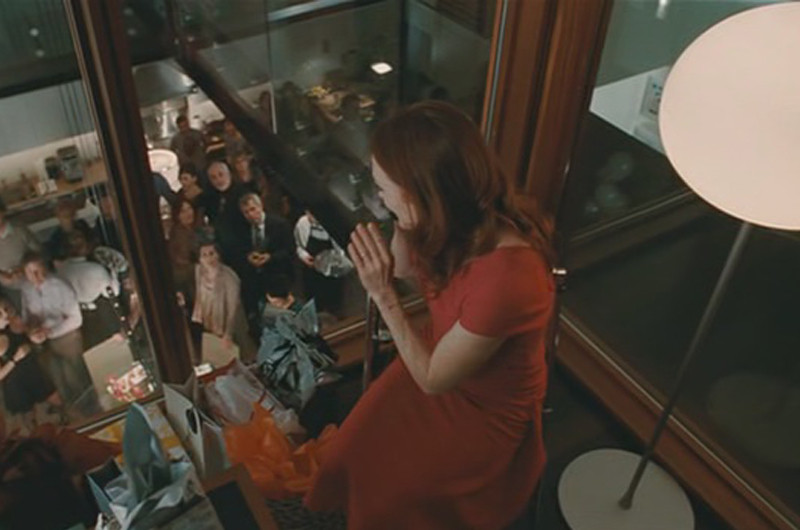


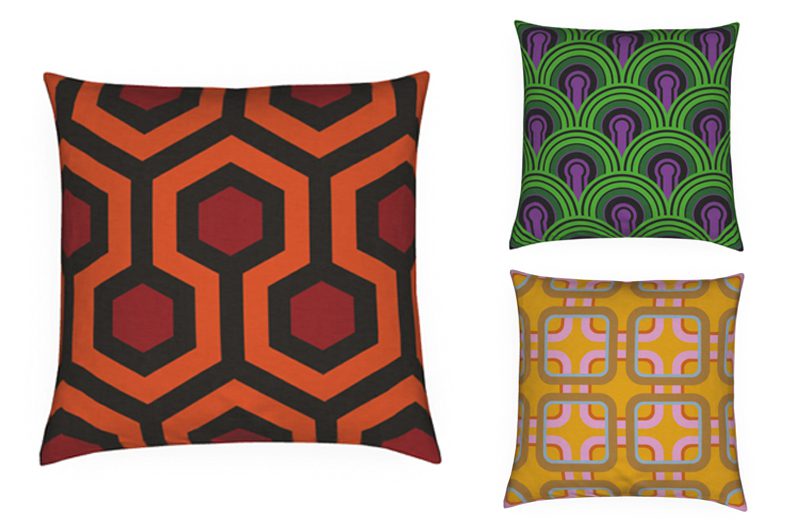
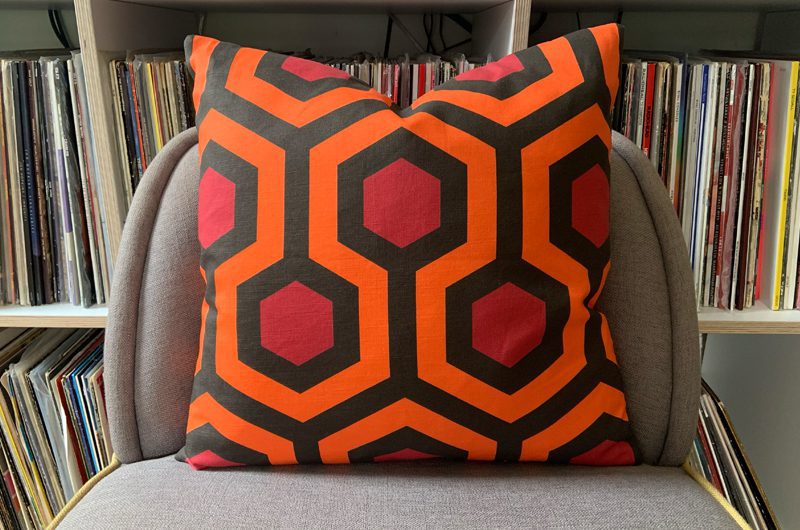
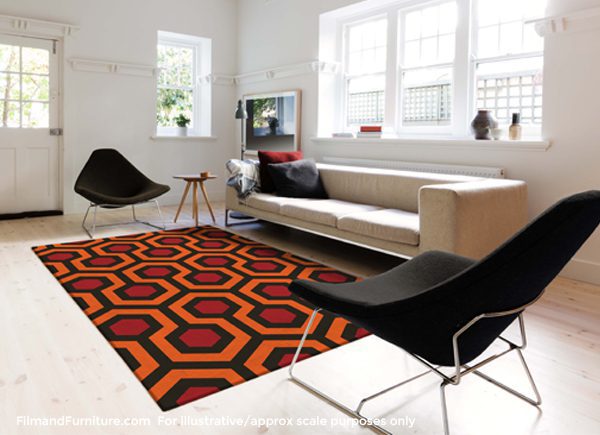


 Facebook
Facebook Twitter
Twitter Instagram
Instagram Pinterest
Pinterest RSS
RSS